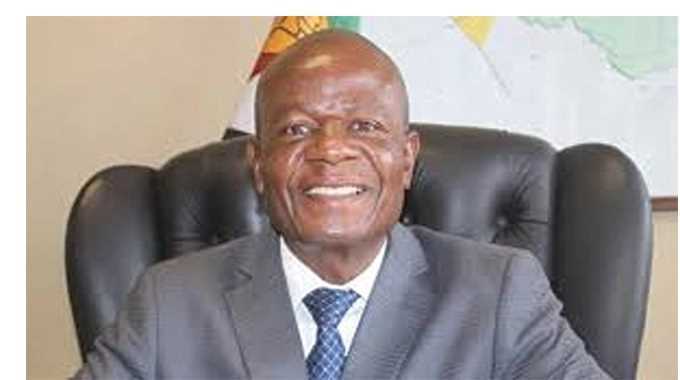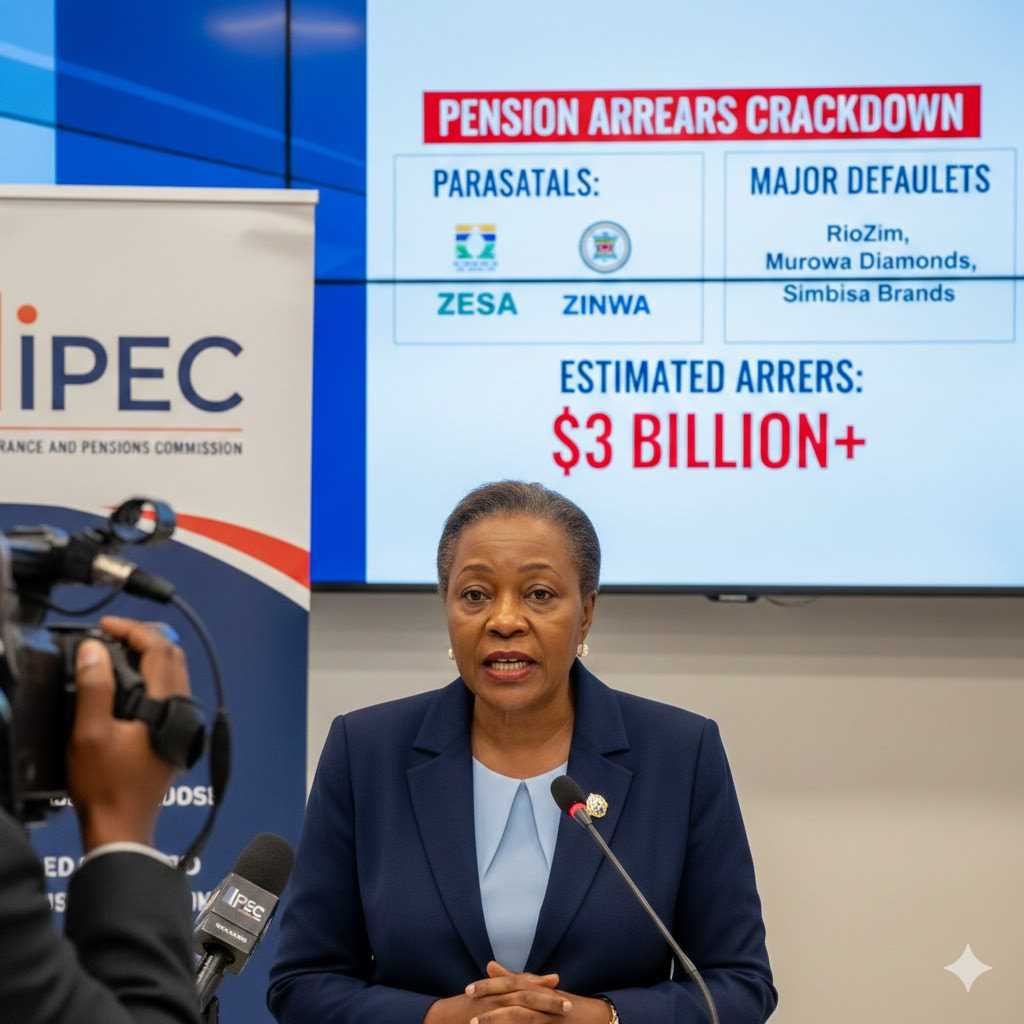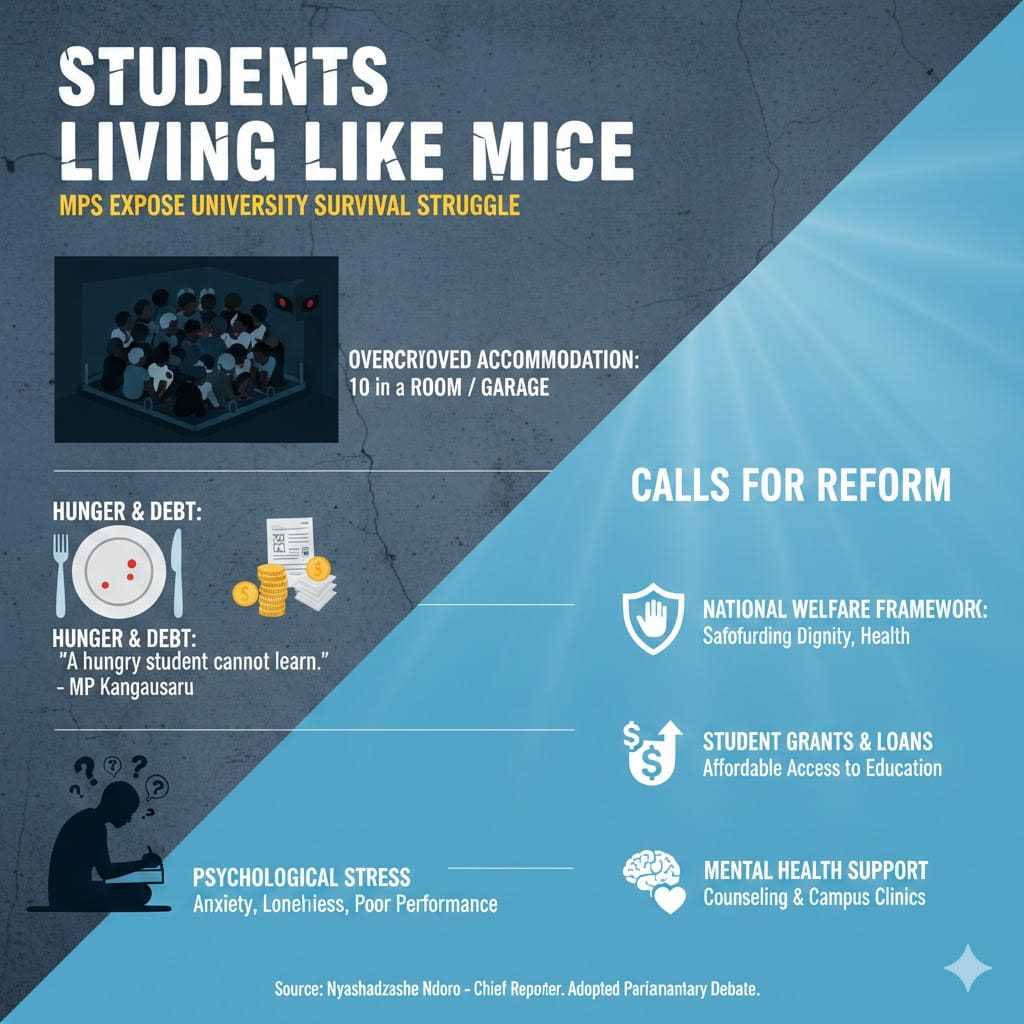
Oscar J Jeke- Zim Now Reporter
Government has approved the Minimum Service Delivery Standards for Local Authorities Framework — a significant step aimed at curbing erratic council spending and enhancing transparency, accountability, and consistency in public service delivery.
The framework, approved during Tuesday’s Cabinet meeting, forms part of broader reforms to modernize and standardise operations across local government structures.
First introduced in 2023 under the “Call to Action” blueprint, the framework mandates all local authorities to comply with clearly defined performance standards. These standards cover essential services including water supply, sanitation, solid waste management, roads and street lighting, public health, environmental management, and housing.
Related Stories
According to a post-Cabinet briefing, the framework outlines the minimum levels of service councils must deliver — specifying quality, quantity, timeframes, and cost expectations in each category. This aims to reduce disparities in service delivery across regions while establishing a clear basis for monitoring performance and enhancing citizen satisfaction.
“Service delivery standards will serve as a basis for assessing local authority performance and citizen satisfaction,” read part of the briefing.
The system will be supported by a digital, real-time dashboard to monitor progress. Councils’ performance will be evaluated against set indicators, giving central government insight into how public resources are being managed and deployed at local levels.
The approval comes amid rising public frustration over declining service delivery in many parts of the country, with urban and rural councils often blamed for inefficiency and mismanagement.
Authorities say the new framework signals a shift towards performance-based governance and is expected to have far-reaching implications for local authority budgeting, operations, and public engagement going forward.

















Leave Comments